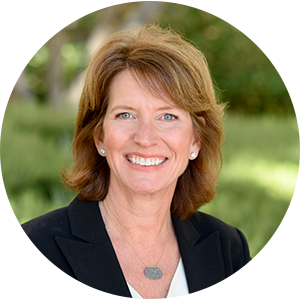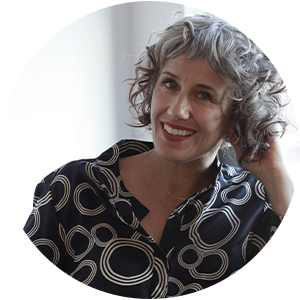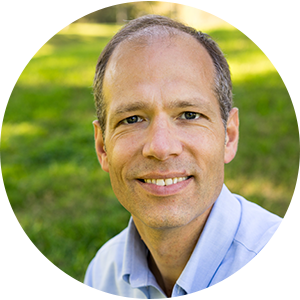Pink Tomatoes & Petite Peppers: Innovating for Taste and Nutrition
Episode 6: Nutrition changes constantly. It is as dynamic as life itself. And as our understanding of health and nutrition evolves, so does our food.
- Overview
- Farmer Voice
- Publications
- Innovation
- Regenerative Agriculture
- Advances in Agriculture
- Food Security
- Products
- Transparency
- News & Stories
- Contact Us
What did you last eat? And why? Don’t worry, we won’t tell anyone. After all, it’s not entirely up to you.
The food that ends up on our plate is the result of global trade dynamics, cultural norms, seasonality, marketing, thousands of years of plant breeding, and personal tastes. And it’s all constantly changing. In this episode, we discover how nutrition evolves over time, and how crop science keeps up.
Nutrition: An Evolving Menu
If you have children, or if you remember when you were one, you know that tastes change. A child’s favorite foods are sacred, until they aren’t. And if the wrong food is even remotely close to their plate, dinner can be ruined — until they taste it. Diversity in a diet is essential, and trying new things evolves our understanding.
That’s not just true for children. As we look at tables around the world, one thing is clear—we’ve all been trying new things.
Diets are changing, and not all for the better. While access to healthy produce and quality protein is expanding, in some cases people are eating too many calories while still not being nourished. In a world driven by tastes and trends, how do we achieve that elusive healthy balance?
Scientists, plant breeders, policy-makers and farmers are helping people reconcile what they want to eat with what they should eat by reimagining the flavors we know (and crave).
To address the most pressing nutritional demands around the world, we’ll have to keep embracing change. And keep improving our food system for the health of both our planet and its people.
Featured Guests
|
|
Jill Castle, MS, RDN - Jill is a pediatric nutritionist and registered dietitian. Through her books, blog, podcast and practice she counsels parents and healthcare professionals about how to conquer picky-eating and form healthy life-long habits. |
|
|
Tarrah DeClemente - As Manager of Health Promotion at Chicago Public Schools, Tarrah is responsible for creating and curating school menus, as well as establishing health and wellness education programs for more than 360,000 students at 650 schools. She has a degree in dietetics and a master's degree in health policy and administration, and recently achieved a personal dream of being featured in Food Service Magazine. |
|
|
Carlin Greenstein - Carlin is a private chef and devout locavore based in New York City. After earning her masters’ degree in Food Studies and Nutrition from NYU, she spent time cooking in Berlin, Italy and San Francisco before settling back in New York. There, she relies on Community Supported Agriculture for fresh, local produce to make better home-cooked meals than you or I do. |
|
|
Dr. Uma Lele, Ph.D. - Dr. Lele is an accomplished scholar and development economist. She earned a Ph.D. from Cornell University in Agricultural Economics and has four decades of experience in research and policy analysis for the World Bank, universities, governments and international organizations. She currently serves as President Elect of the International Association of Agricultural Economists. |
|
|
Dr. Martin Ruebelt - Dr. Ruebelt heads global consumer research and development for the fruits and vegetables division of Bayer Crop Science. He has a Ph.D. in food chemistry, and spends his days in Davis, California anticipating consumer demands to develop and launch new fruits and veggies that people (and kids) want to eat. |
How to Listen
The Tomorrow Farm is available everywhere you stream your favorite podcasts, or you can stream it right here.



































